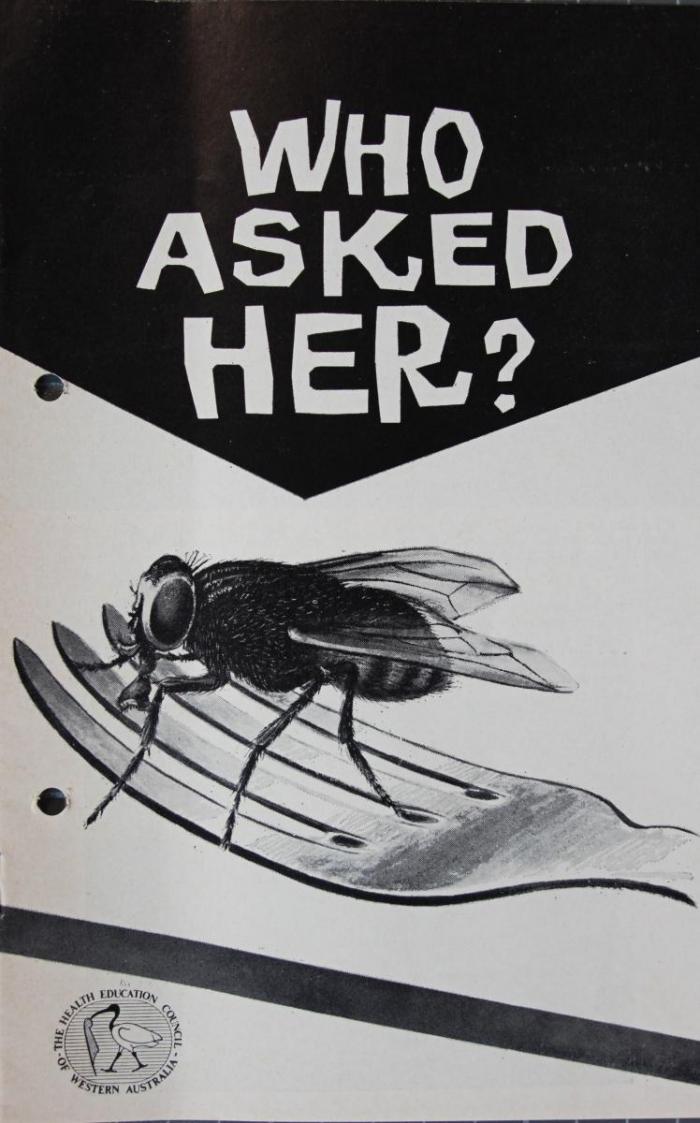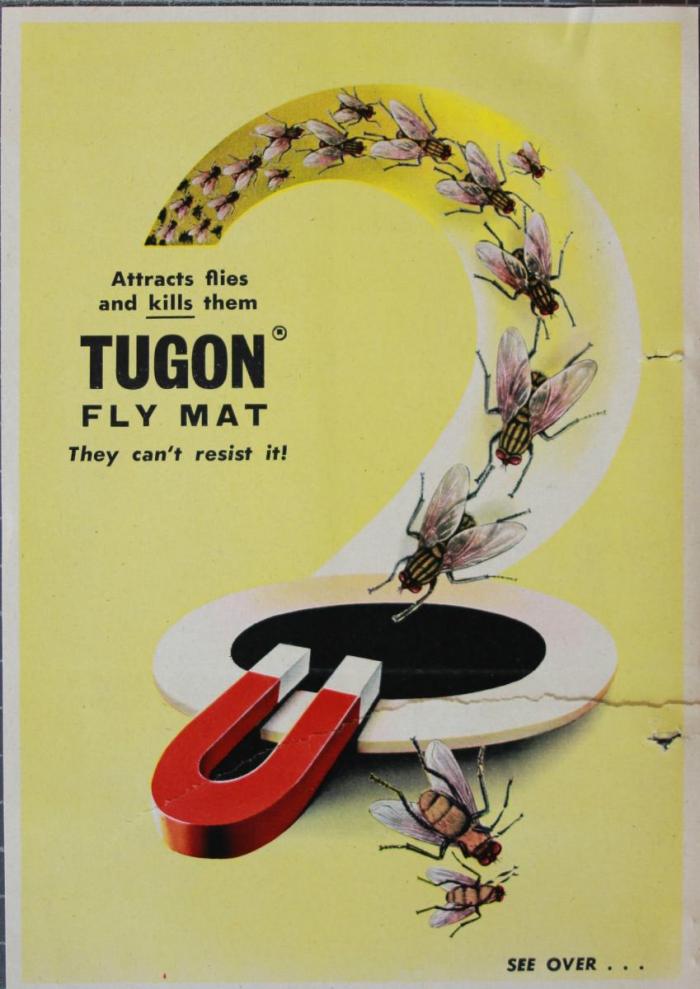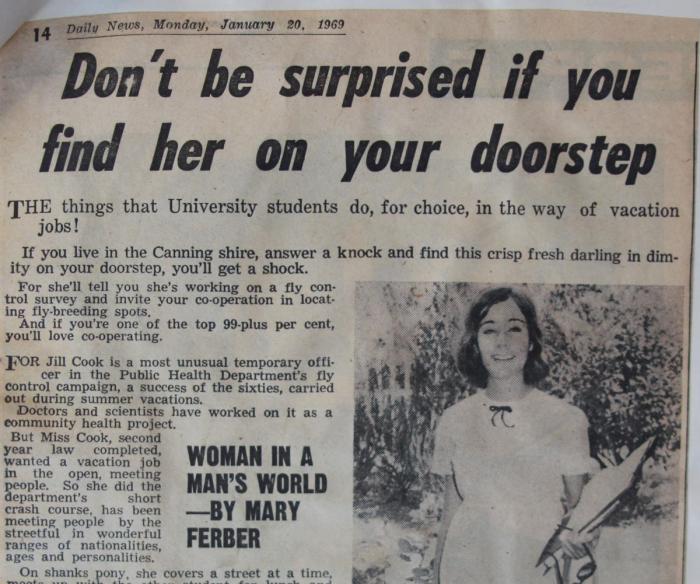This week Damien Hassan, Senior Archivist at the State Records Office, discusses steps taken by the State government in 1962 to ensure the Empire Games held in Perth in that year were a “no-fly” zone. In the lead up to the Games, house flies and bush flies were considered a potential nuisance for athletes and those attending the Games, as well as a source of embarrassment with Perth being placed on the world stage (the Empire Games were opened by Prince Philip). The State archives document the actions taken by government to address what was referred to in Parliament as the fly menace.
The government records show that metropolitan mosquito and fly control dates back at least as far as the 1930s, with extensive spraying and fogging programs carried out by local government along the Swan River. By 1956, a government ‘Fly Control Committee’ had been formed, chaired by the Public Health Department. The work of this committee was largely educational, with successful public campaigns to reduce fly numbers being run for several decades.
In 1962, the State government gave considerable thought and energy to fly and mosquito control for the Empire Games. A new Committee for fly control was established to consider different methods to combat fly populations, including aerial spraying over the Perth metropolitan area. The Commissioner of Public Health wrote to the US Department of Agriculture to seek advice on aerial fly control using insecticides. This method of fly control was quickly abandoned after it was determined that aeroplanes dispensing such sprays would need to fly at very low heights over the metropolitan area and would pose a potential danger. Other methods of control were used instead.
By October 1962, the Minister for Health could confidently report in Parliament the range of measures being undertaken, including:
- educating householders and Shire Councils ‘through a movie film, leaflets, exhibitions, lectures and radio talk’;
- training selected government personnel in methods of fly control (including) up to 100 auxiliary Fly Control Officers;
- monitoring and control of flies in public parks and gardens, market gardens, abattoirs and stables; and
- using a fogging machine to provide more targeted applications of insecticide.
The subsequent report of the Committee at the conclusion of the Games records the successful outcome of these measures: ‘control was achieved and the prevalence of flies did not reach nuisance levels’. The report notes that the only problem was at the Dalkeith Bowls where ‘bush flies were a nuisance on certain days despite the measures taken’.
The Special Committee was disbanded soon after the Games concluded but the Metropolitan Fly Control Committee continued its work into the 1980s.
For more stories from the State Library and the State Records Office, follow @statelibrarywa and @staterecordsofficewa on Facebook and @statelibrarywa on Instagram.
Recorded live on ABC Radio Perth on 23 September 2020.


